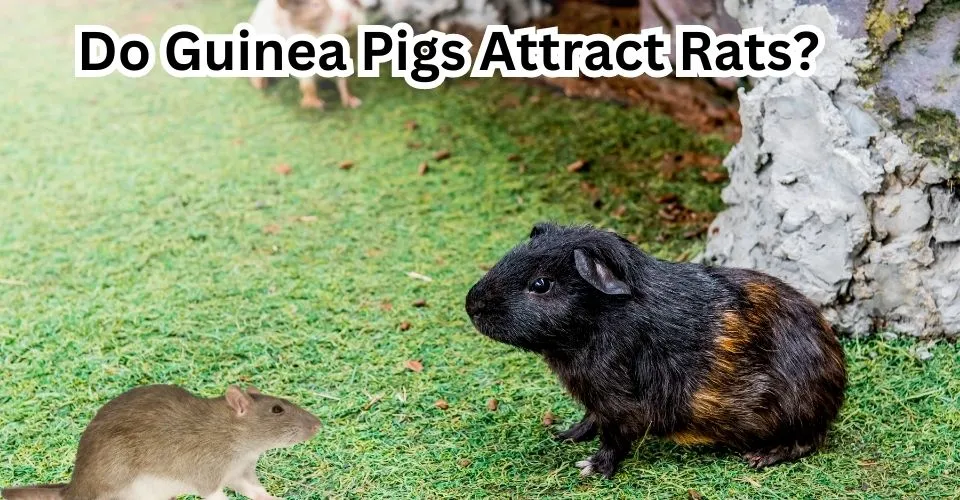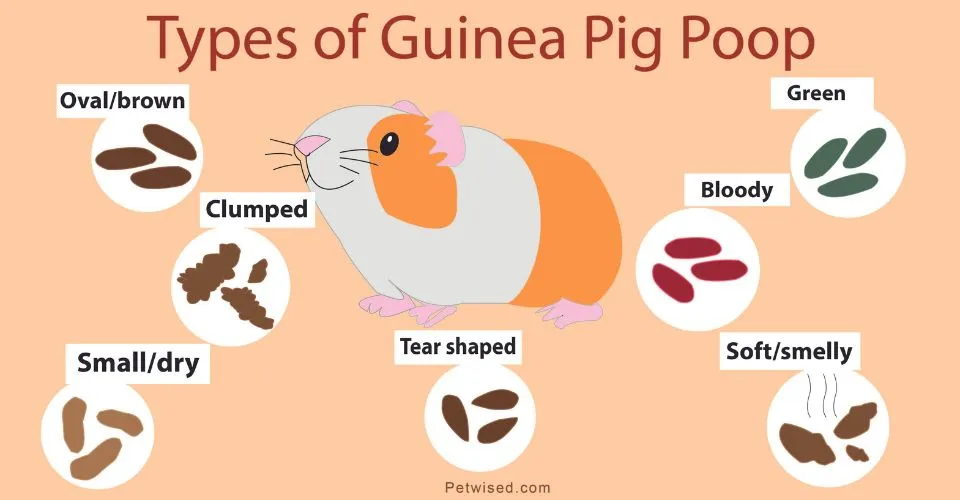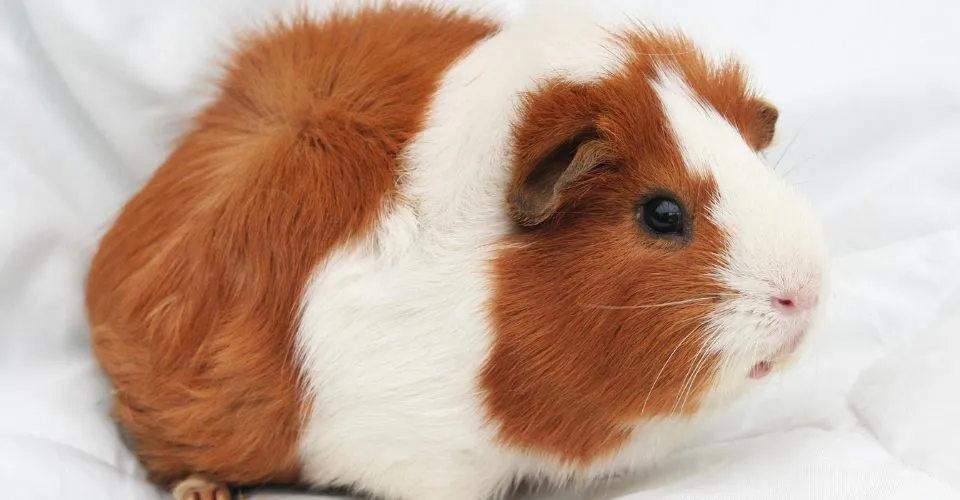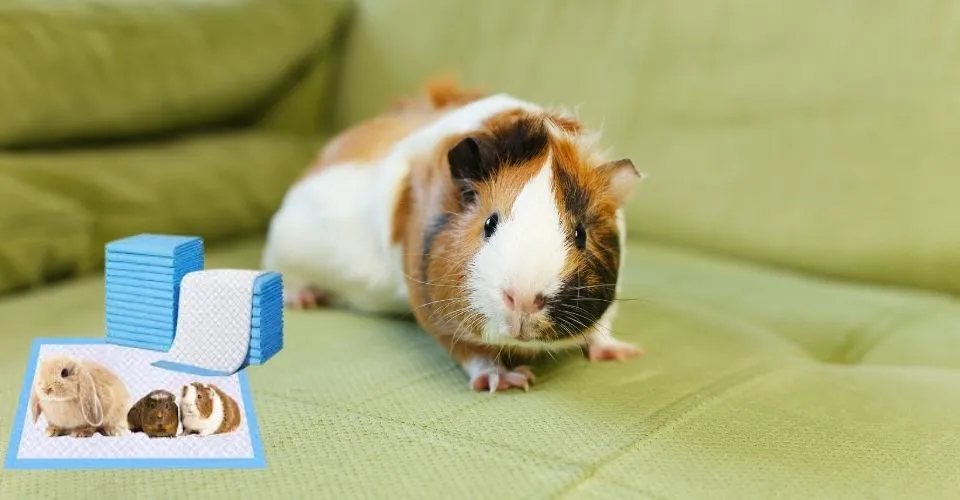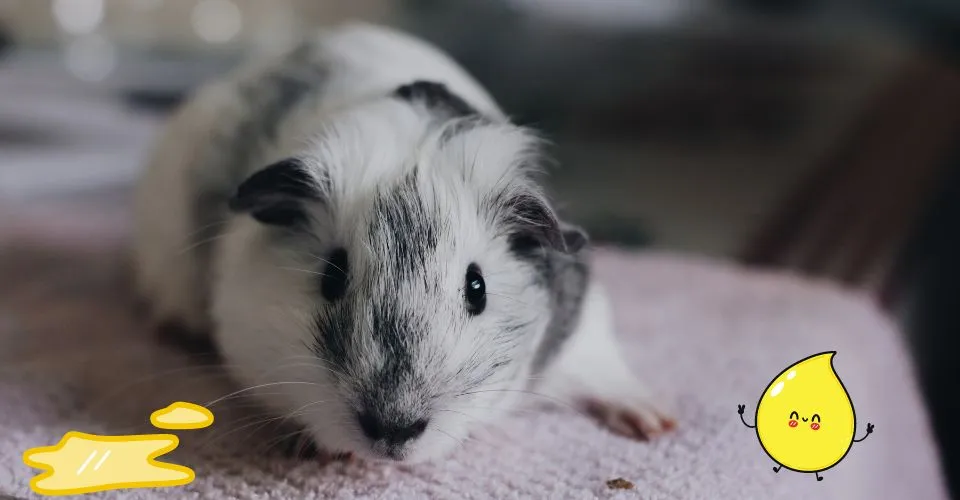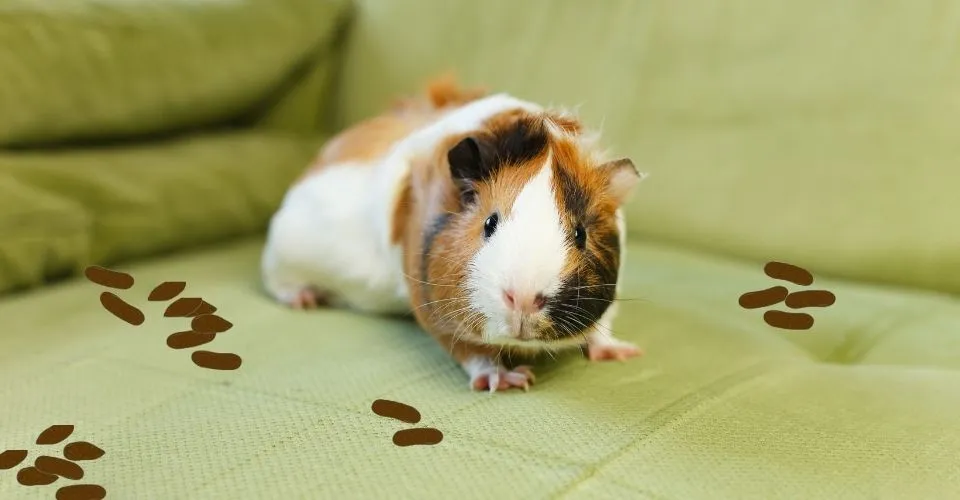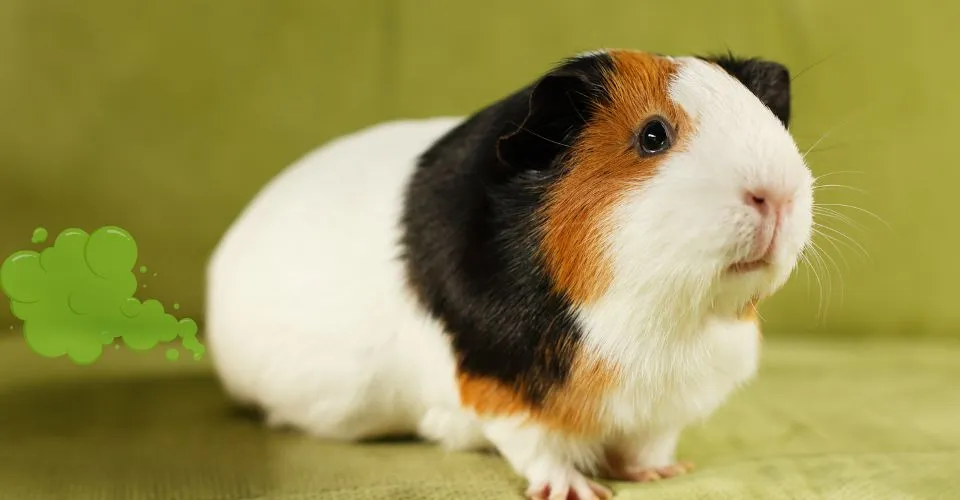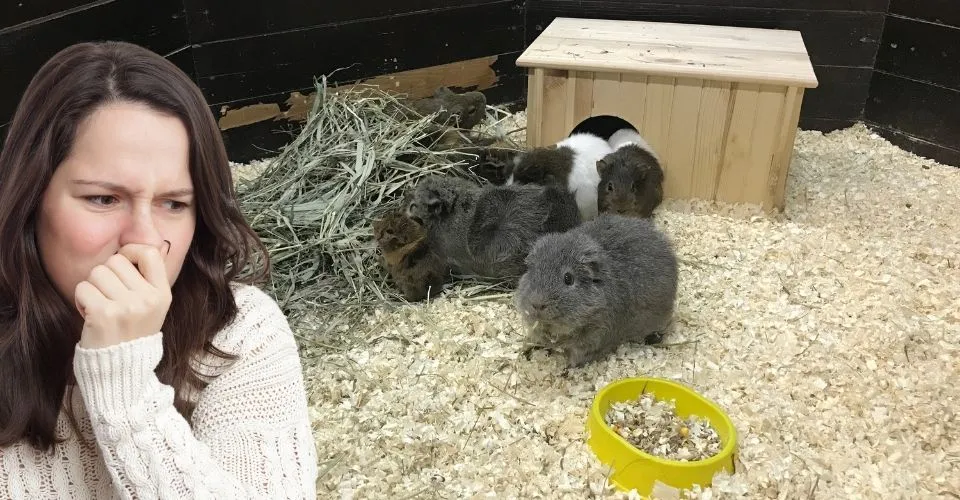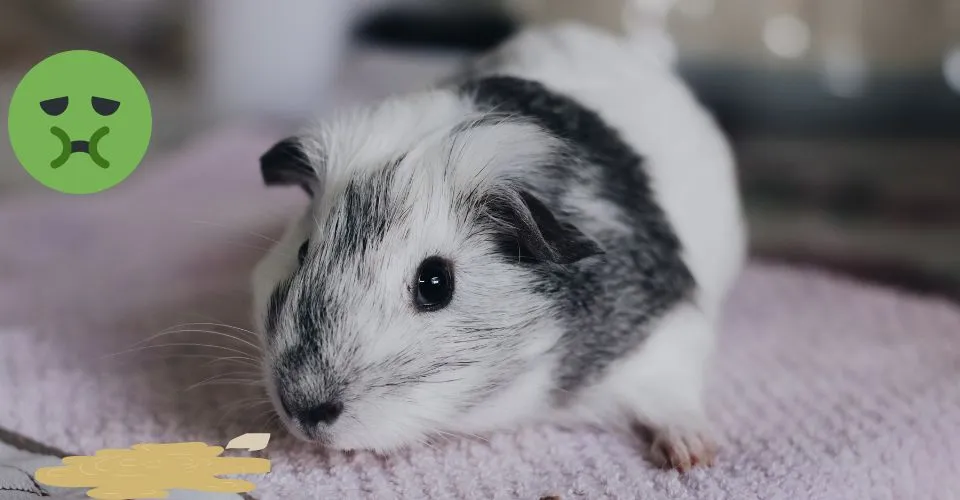Guinea pigs are meticulously clean creatures and are very popular among first-time pet owners. However, oftentimes people are concerned that guinea pigs tend to attract rats and mice. If you are thinking that your guinea pigs are attracting mice to your home, continue reading.
In this blog, we are going to discuss all about rats and guinea pigs. We are going to explore the actual factors that may attract mice and then discuss some effective ways to keep rats and mice away from your guinea pigs and ensure the safety and health of your pet guinea pig. We will also be addressing some of the most commonly asked questions about guinea pigs and rats, in the end.
So, let’s get started.
Do Guinea Pigs Attract Mice?
While guinea pigs don’t naturally attract mice, there are certain factors like warmth and access to food and water, that may unintentionally make guinea pigs’ enclosure attractive to mice. Rats might come to your guinea pigs’ cage looking for a nesting spot, some water to drink, and free food to devour.
How Guinea Pigs Attract Rats and Mice?
Guinea pigs do not naturally attract rats and mice themselves but certain factors make guinea pig cages a strong attraction for rats.
1. Warmth and Shelter for Nesting Spots
Guinea pigs produce body heat when kept indoors, which may attract rats and mice looking for cozy nesting spots. This is most common during cold winters when the guinea pig enclosures are not secured properly. Similarly, rats might be attracted to guinea pig enclosures because it looks like a safe and cozy shelter for them to stay.
2. Unsecured Food
Guinea pigs require regular access to food and water sources. However, if these provisions are left lying around unattended they could become an easy source of sustenance for rats and mice, who are always looking for food and water sources.
3. Guinea Pig Poop
Guinea pigs produce feces that may contain undigested food that should be promptly cleaned and removed from the cage. Given that rats are interested in all sorts of food sources, even the undigested nutrients in guinea pig poop, when you forget to clean the guinea pig poop pellets from the cage, rats—opportunist scavengers—might come sniffing.
You should know that not all guinea pig owners experience rodent infestation. By taking precautionary steps like sealing the enclosure and storing food securely as well as regularly cleaning their cage, you can reduce the chances of rats or mice coming into your guinea pig’s environment.
How to Get Rid of Rats Without Harming Your Guinea Pig?
If you’re experiencing a rat infestation and want to ensure the safety of your guinea pigs, there are various measures available:
1. Clear Away Excess Food—Rats are drawn too easily accessible food sources. Therefore, any excess food should be removed and stored safely away in rodent-proof containers for your guinea pig food.
2. Close Food Containers Tightly—For maximum protection, ensure guinea pig food containers have tight-fitting lids to prevent rats from accessing them.
3. Guinea Pig Cage Cleaning—Be sure to regularly clean your guinea pigs’ cage by removing food debris or waste that could attract rats. Keep the guinea pig enclosure organized and uncluttered for best results. Consider investing in guinea pig pee pads for easier cleaning of guinea pig enclosures.
4. Consider Acquiring a Cat—Cats are natural predators, so their presence may help deter rats. If this option is chosen, ensure the cat and guinea pigs are introduced gradually and that there are no threats posed by either.
5. Make Your Garden Deter Rats With Peppermint Essential Oil—Rats don’t like the scent of peppermint oil. So, placing cotton balls soaked with it around the garden or enclosure may deter rats from coming close.
6. Declutter or Debris Removal From the Home—Rats are drawn to clutter-filled environments where they can nest. Keeping your home and guinea pig’s enclosure free of unnecessary debris, will reduce the chances of rats invading and making themselves at home.
7. Use Humane Rat Traps—Humane rat traps can help capture and remove rats from your environment safely. Choose traps that won’t hurt the rats so that you can release them outside, away from home.
8. Raise the Enclosure—Elevating a guinea pig’s enclosure can make it less accessible to rats by making it less likely for them to climb and reach this higher level.
9. Consider Hiring Professional Help—If an infestation becomes uncontrollable or persists for too long, seek assistance from a pest control service specializing in rat removal. Ensure they understand how best to safeguard guinea pigs as part of this service.
Remember, the well-being of your guinea pig should always come first when addressing rat problems. Take steps to eliminate rats while still guaranteeing their safety and comfort.
FAQS About Guinea Pigs Attracting Rats and Mice
Can Guinea Pigs Eat Rat Food?
No. Guinea pigs should not consume rat food as it does not meet their specific dietary needs. Rat food lacks essential nutrients like Vitamin C which are necessary for guinea pigs as they are unable to make their own vitamin C.
Do Rats And Guinea Pigs Get Along?
Rats and guinea pigs should not be housed together as their social needs and communication styles vary considerably. Housing rats and guinea pigs together could possibly lead to aggressive behaviors between them resulting in injuries or stress for either party. With the risk of rats potentially transmitting diseases to guinea pigs, you should never accept rats and mice in your guinea pigs’ enclosure.
How can I safely get rid of mice without harming my guinea pig?
For safe mouse removal without harming your guinea pig, use humane traps or catch-and-release traps specifically designed to catch mice. It is also wise to avoid toxic rodenticides or poisons that could pose risks to their health. You should seal any entry points, eliminate potential food sources, and keep their enclosure clean as much as possible. Consider professional pest control services offering safe methods of rodent control as this will ensure their well-being while dealing with mouse issues effectively.
Do Rats Attack Guinea Pigs?
While rats typically don’t intentionally seek out and attack guinea pigs, there is always the possibility they might attack adult guinea pigs and sometimes even kill them, especially baby guinea pigs. Rats are opportunistic feeders who may see guinea pigs as threats or competitors for resources and thus may attack guinea pigs. Therefore, it is advised that guinea pigs are kept safely indoors away from areas rats frequent.
Will rats harm my guinea pig?
Unfortunately, rats pose a threat to guinea pigs. They could potentially bite or even attack guinea pigs, leading to injuries and sometimes even killing guinea pigs. Wild rats are known to have attacked and even killed guinea pigs living outdoors. In addition, rats can transmit diseases to guinea pigs. For their safety and well-being, all guinea pigs must be kept indoors in properly sealed and enclosed enclosures.
How Can I Keep Mice Out of a Guinea Pig Cage?
To effectively prevent mice from accessing your guinea pig cage, ensure it is properly sealed without gaps or openings where mice can squeeze through. Clear away food debris quickly to eliminate potential attractants such as food and poop waste. Peppermint oil has proven effective in keeping rats away as they don’t like its scent! Regularly clean both inside and outside the cage in order to ensure cleanliness; consider elevating its location so it is less accessible by mice; all of these measures will help create a mouse-proof environment for your guinea pig!
Are wild rats dangerous for guinea pigs?
Wild rats pose a considerable threat to guinea pigs, as they can carry diseases, parasites, and bacteria that could potentially pose health concerns for your pet. Furthermore, wild rats tend to be larger and more aggressive than their smaller counterparts, creating the possibility of physical harm from encounters between wild rats and guinea pigs. There has been much anecdotal evidence of wild rats attacking and even killing adult guinea pigs living outside.
Final Verdict: Do Guinea Pigs Attract Rats?
While guinea pigs do not naturally attract rats or mice, certain factors like warmth, unattended food and water sources, and shelter-seeking behavior may make their environment appealing to rats and mice. By taking proactive steps such as sealing enclosures and storing food properly or practicing good hygiene you can lower the risk of rodent attraction to guinea pigs and ensure their wellbeing without encountering unwanted rodent visitors. By creating a secure yet clean habitat you can ensure both well-being of your guinea pig and prevent unwanted rodent visitors at once!
